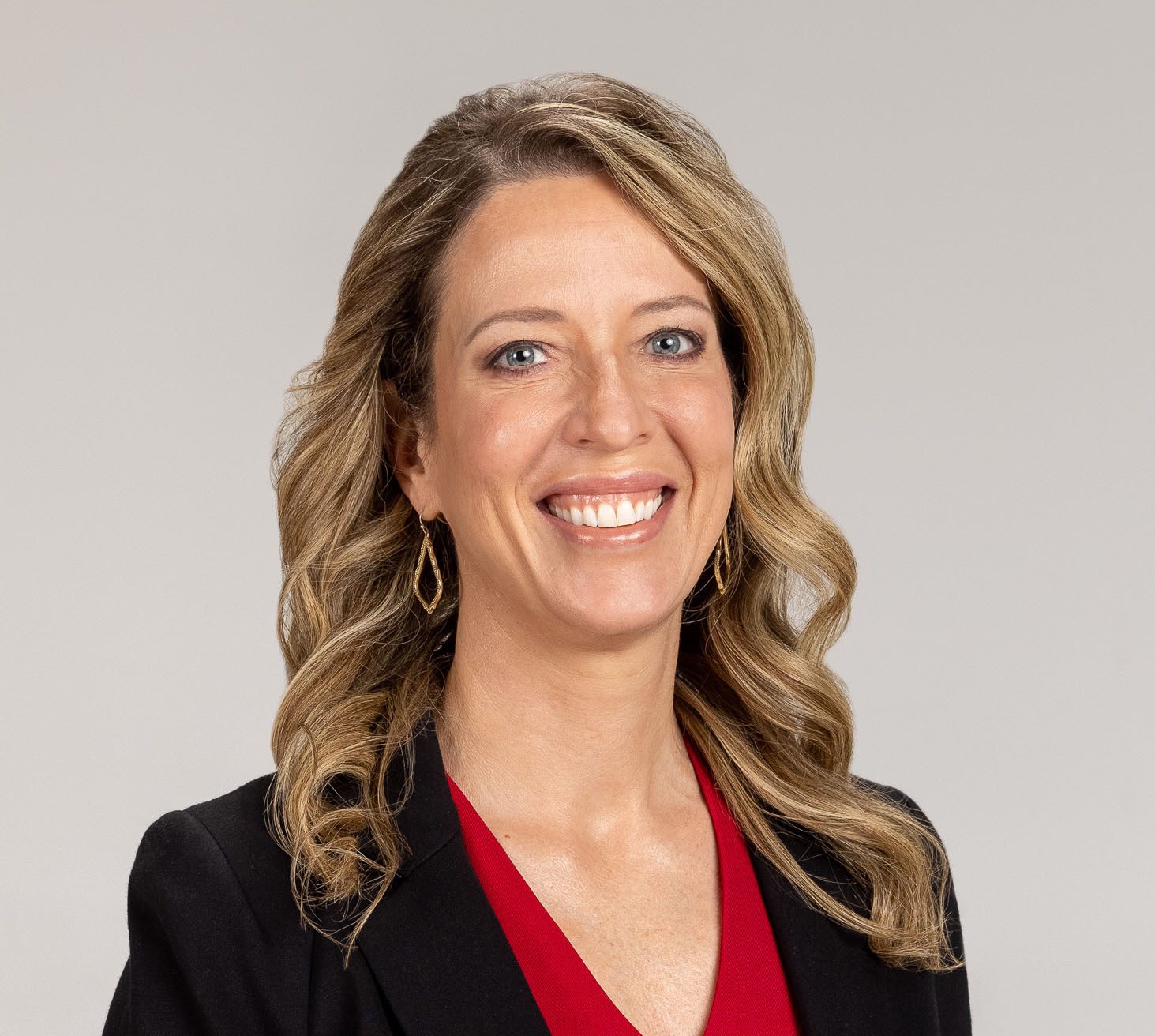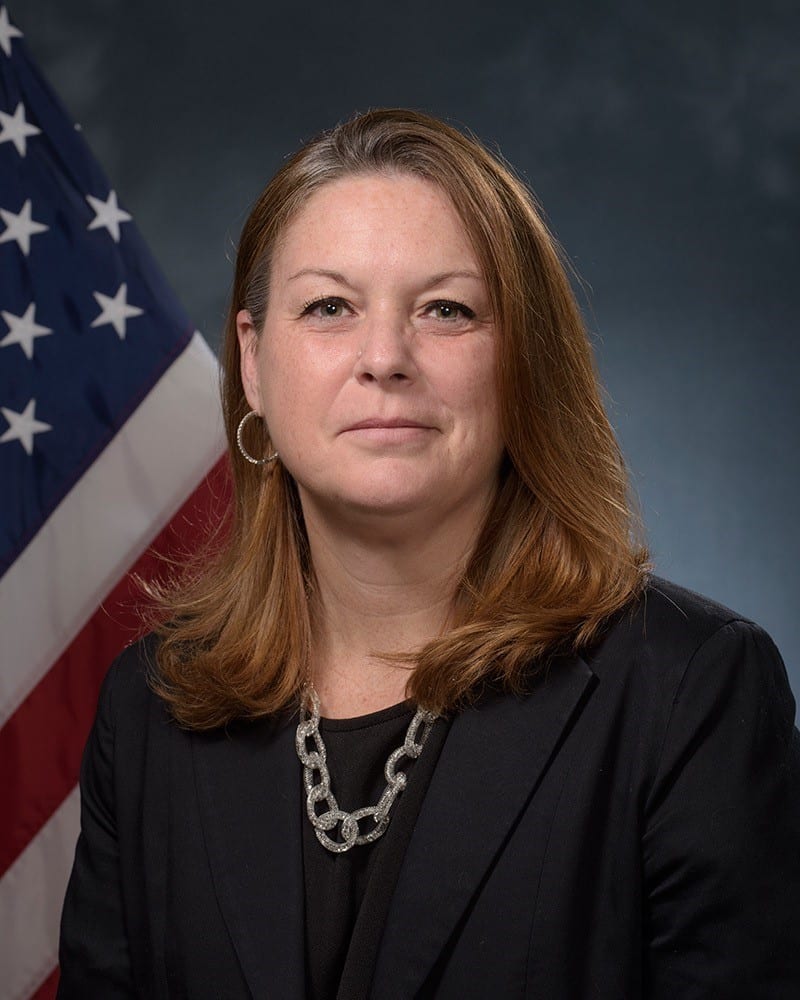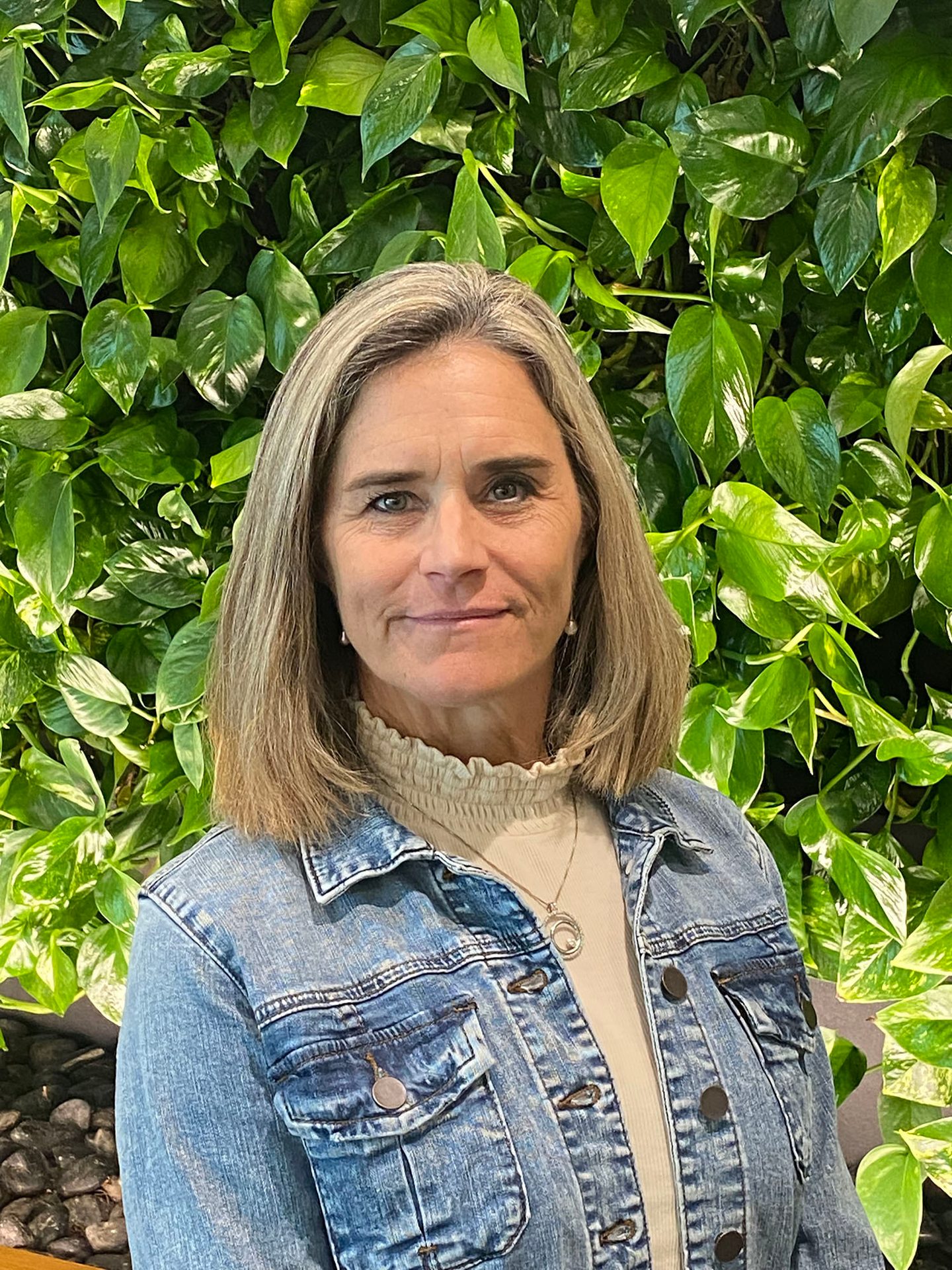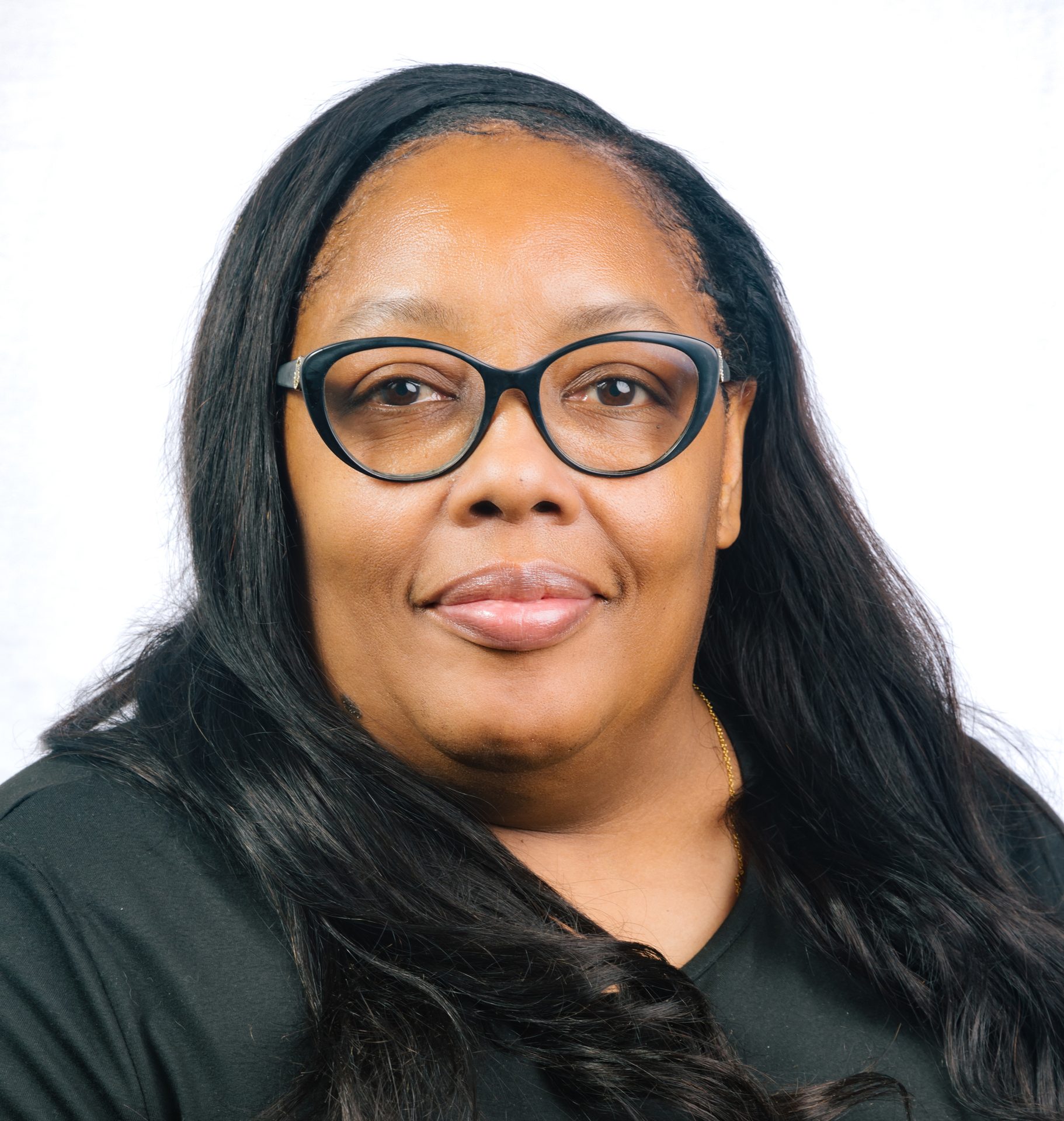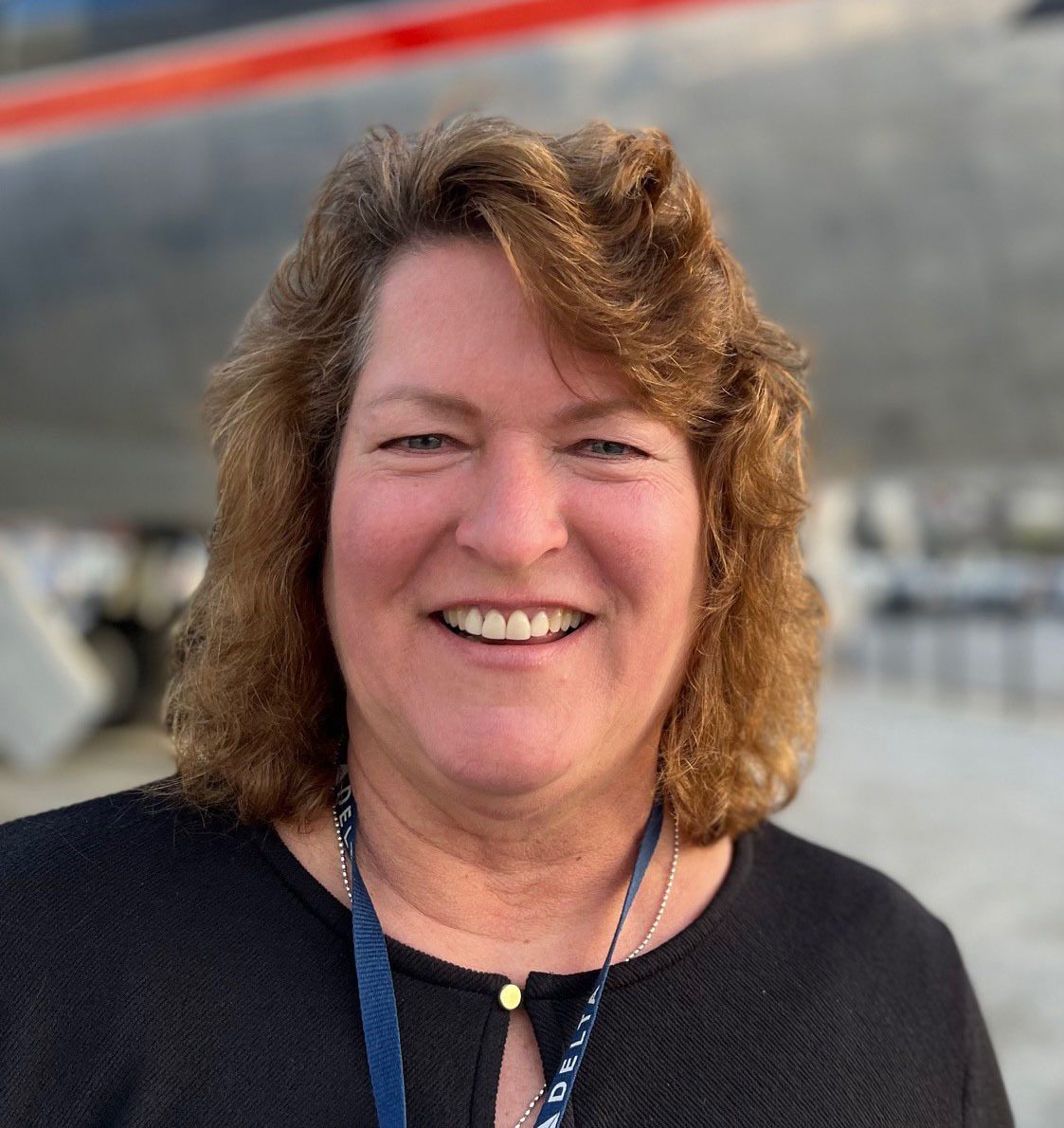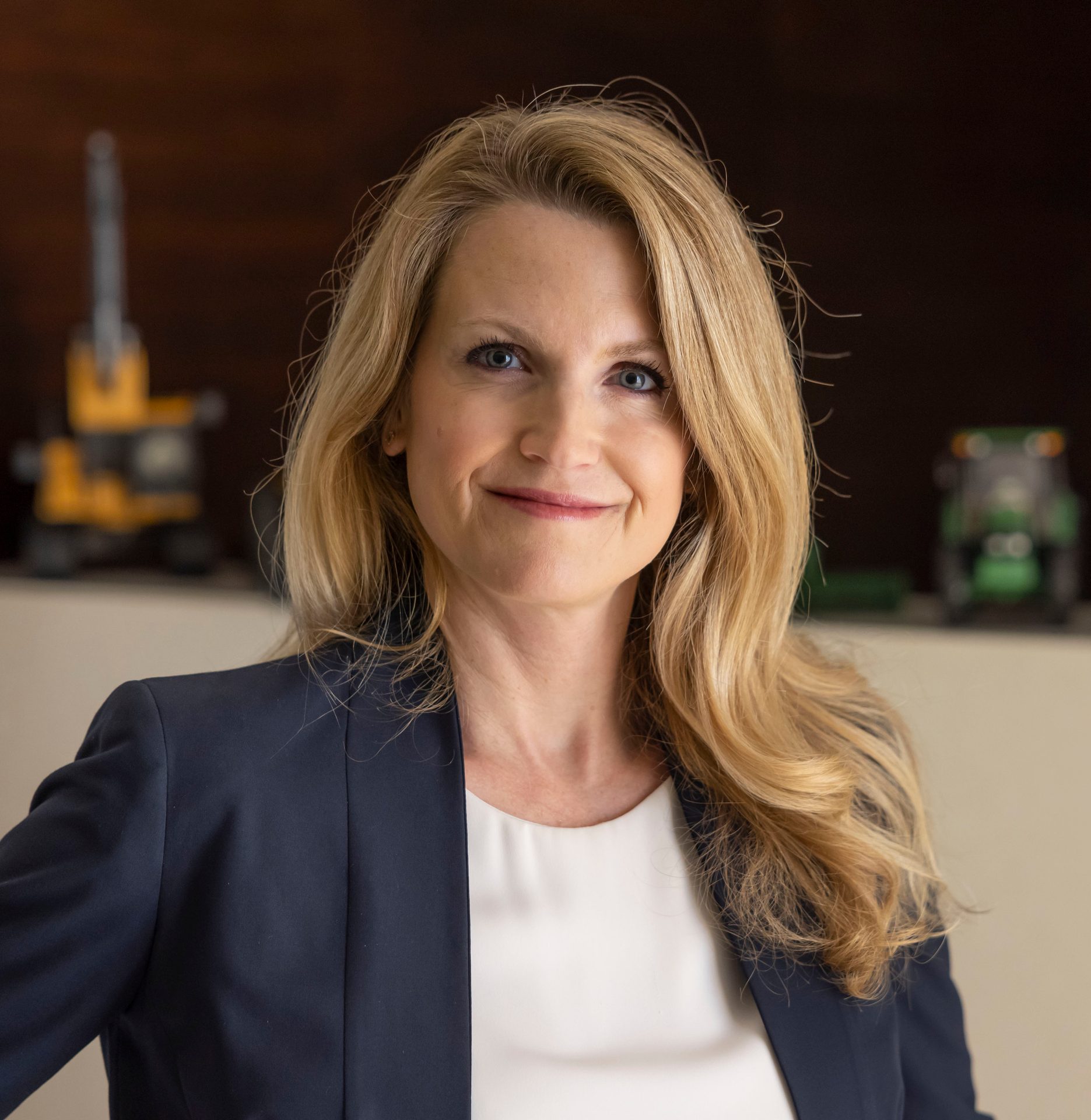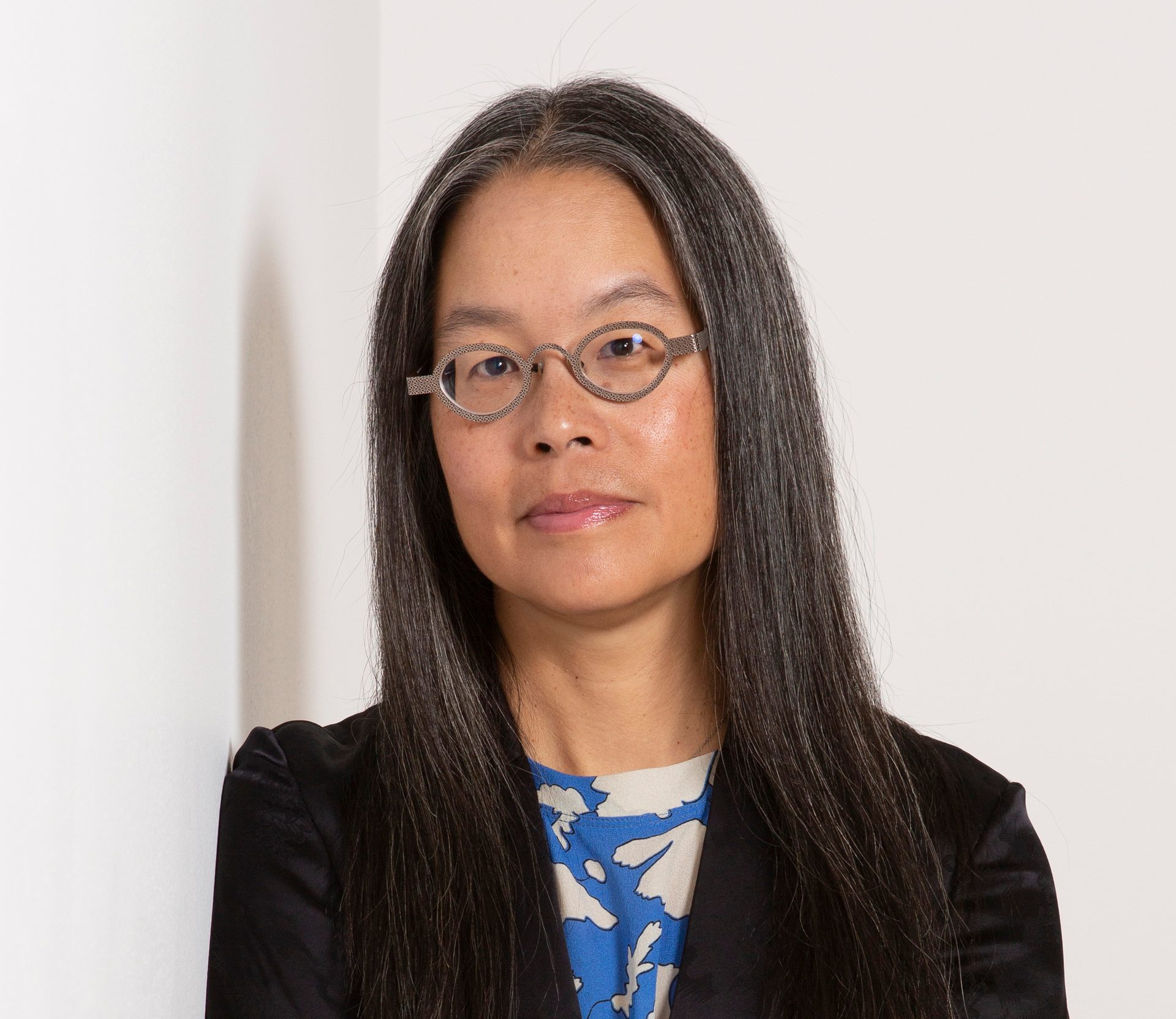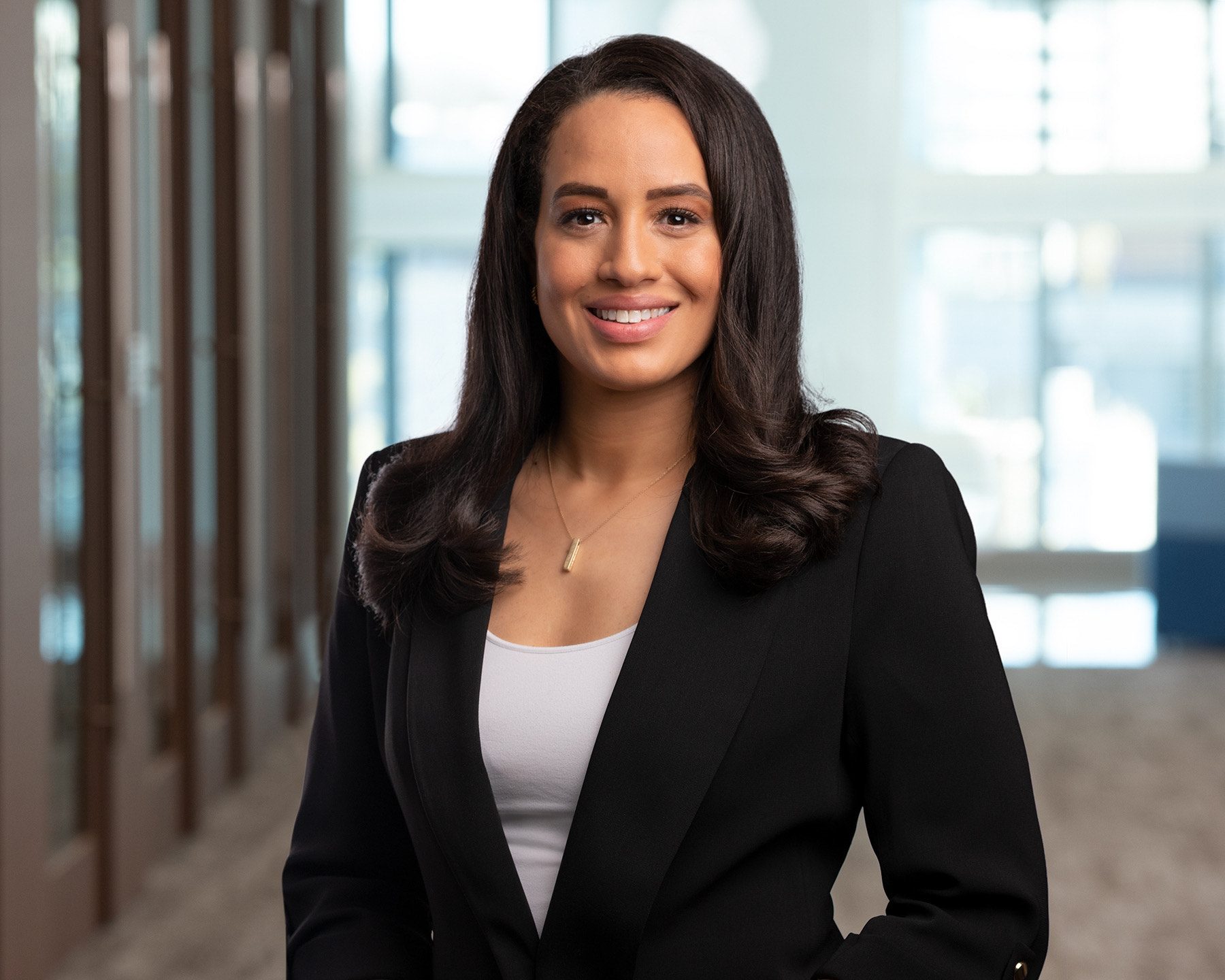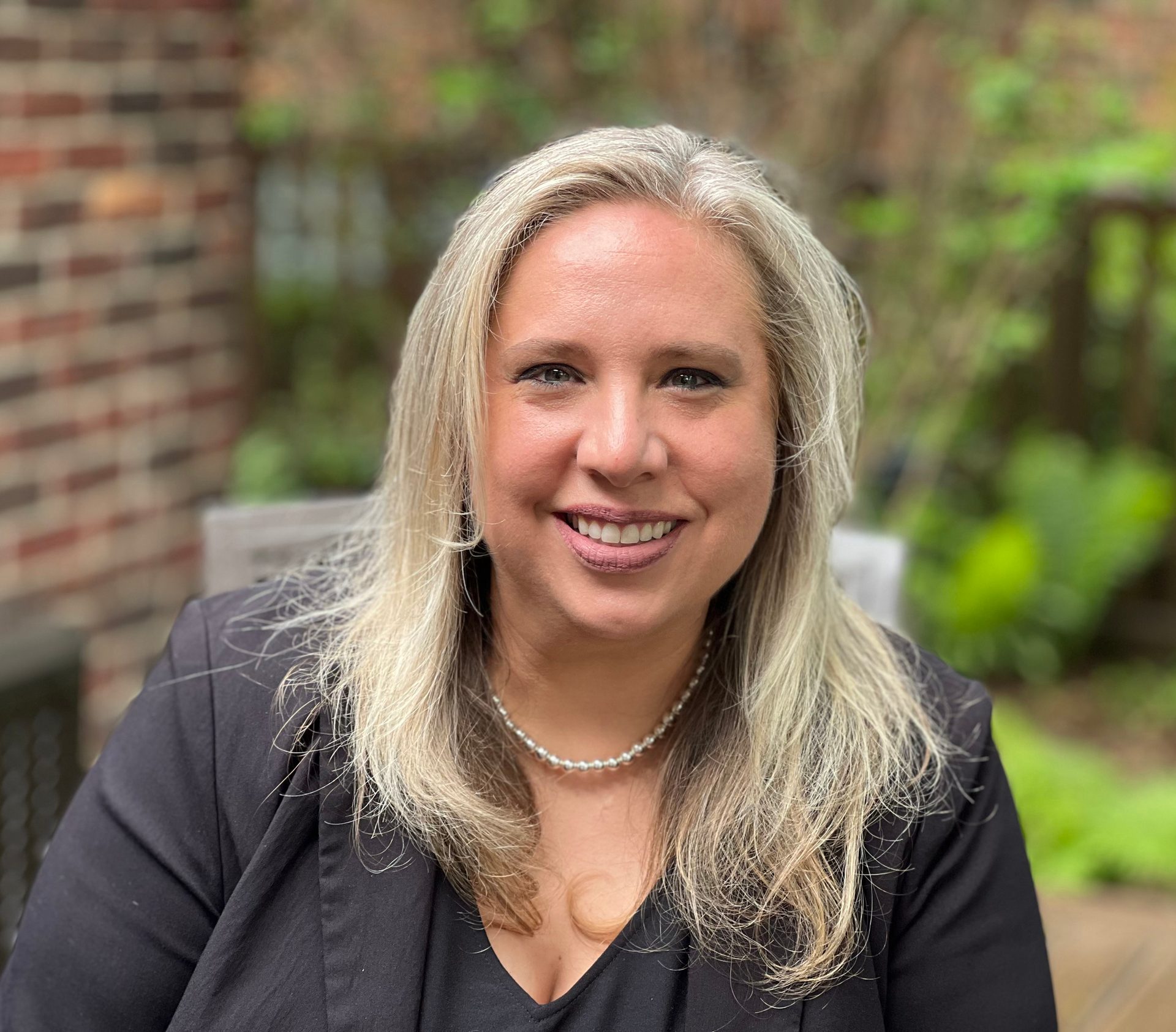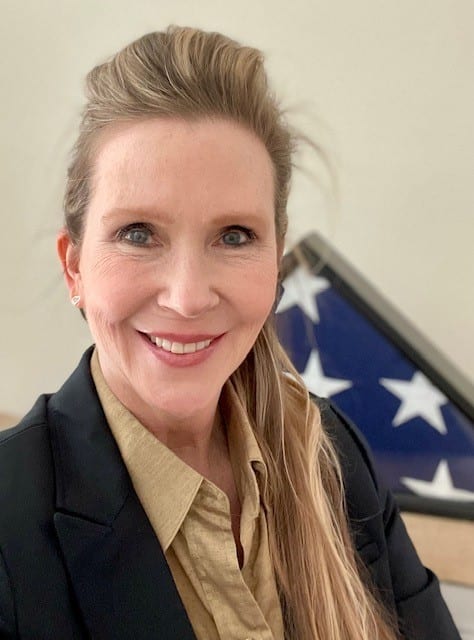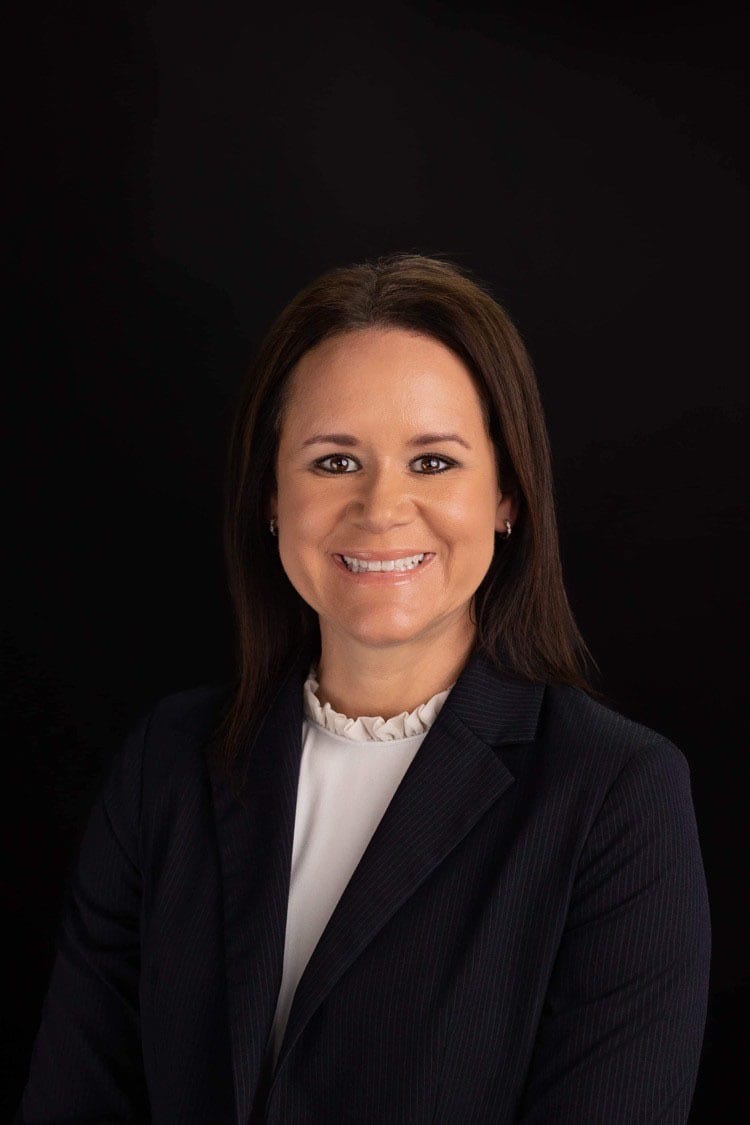july 2022

Special Report / women in security 2022
Women in Security MENU
Bio Image courtesy of Cheatle
Background image courtesy of Dean Mitchell / E+ / Courtesy of Getty Images
Kimberly Cheatle

Senior Director, Global Security
PepsiCo
By Maggie Shein, Editor in Chief
Kimberly Cheatle, Senior Director – Global Security at PepsiCo, thrives on helping to protect and support others.
A Mission Bigger Than Herself
Working for a mission that’s bigger than herself has always motivated Kimberly Cheatle. Toward the end of her college years, the dual mission of the U.S. Secret Service to investigate and protect resonated so strongly with Cheatle that she knew it was where she wanted to be. Once she set her sights on the federal agency, it took her two and a half years to get hired.
Before finding her way into corporate security, Cheatle would spend the next 27 years dedicating her skillset, experience and leadership to the U.S. Secret Service, becoming the first woman in the role of Assistant Director and developing, directing and implementing the agency’s global protective mission, which includes protective operations and countermeasures to create secure environments with acceptable risk for designated people, places and events.
“That achievement in a male-dominated industry was not lost on me,” Cheatle says. “I kept a photo on my desk of the first five women sworn into the service, and I used that to remind me that these women created opportunities for me and I can help others grow and lead as well.”
But that’s the abridged version. Before becoming Assistant Director for the U.S. Secret Service, Cheatle spent her tenure at the agency in a number of roles and achieving a number of accomplishments, including serving as supervisor of then Vice President Biden’s protective detail, graduating from the agency’s senior executive service program, and serving as Deputy Assistant Director for the Office of Training.
Cheatle revolutionized the way training at the Secret Service was delivered by implementing a regional, in-service training program to deliver continuing education to personnel across the agency globally. She also earned the Women in Federal Law Enforcement Public Service Award, as well as, most recently, the Presidential Rank Award.
“My career has taken me to places I never would have been on my own and exposed me to world events most people aren’t privy to. I enjoy serving in a mission that is bigger than myself, and that’s why I think the transition to corporate security was easy for me. The work environment might be different, but that mission of serving and protecting is the same,” Cheatle shares.
Now, as Senior Director in Global Security at PepsiCo, Cheatle directs and implements security protocols and procedures for the company’s corporate facilities in North America. “I see my role as a support role to make sure employees feel safe and PepsiCo can do what it does best — make and move products,” she says.
I enjoy serving in a mission that is bigger than myself, and that’s why I think the transition to corporate security was easy for me. The work environment might be different, but that mission of serving and protecting is the same.
Part of Cheatle’s current role involves developing and providing risk management assessments and risk mitigation strategies to ensure business continuity at the organization. “I always have the safety and security of the folks at PepsiCo at top of mind. Employees should feel secure in their work environment and customers should have products available to them. It’s rewarding to work behind the scenes to support that mission,” she says.
One of the elements of security and protection that Cheatle enjoys the most is the change. “I like having diverse assignments and multiple things on my plate. I thrive on chaos,” she laughs. “It’s true; I enjoy the diversity of it all.”
The changing nature of security requires several characteristics to succeed, according to Cheatle, including authenticity in leadership, confidence, flexibility and integrity. Some people are naturally born leaders, she says, and others (and she counts herself among them) are not. “But I think anyone can hone their leadership skills over time. I have the ability to watch and learn, and I have learned a great deal from those that led before me. You can take away as much from a bad leader as a good leader,” she says. “It’s important to take the traits you want and adapt them to your personality to be authentic to yourself.”
Though the skills and confidence to lead are important for any industry, integrity and flexibility are particularly important for security, Cheatle says. “First and foremost is integrity. Your word is really all you have and if people don’t trust you, you’ve lost before you get in the door,” she adds.
Trust plays a pivotal role as enterprise security leaders make recommendations to business stakeholders that align with the company’s vision as closely as possible while ensuring operational continuity and the safety and security of the company’s people and assets. And, though it sounds unrelated, with that trust and integrity must come flexibility, Cheatle says.
“Security should be a trusted source for key stakeholders, but we also have to be able to pivot and adapt, and sometimes that’s a difficult trait to learn and be comfortable with,” she says. “You may go into a conversation thinking, ‘This is how things will have to go,’ but that may not align with the business, circumstances may change, or ideas will differ and you’ve got to be able to be flexible.”
Outside of her day job, Cheatle turns to another activity to fulfill her love for chaos and to practice her adaptability skills: home renovations. Having that downtime and learning about herself outside of work is something that Cheatle is just beginning to explore again after nearly 30 years in the public sector. “Burnout is real. This industry can be difficult and it’s important to discover yourself,” she says.
As for what she likes most about home renovations, Cheatle says it’s similar to being drawn to security. “I like everything about it and sometimes I take on a project too big for me, but it’s the possibilities that excite me and the end result of a job well done that I love,” she says.

Learn about these 12 professionals with a passion for security, their roles, their companies, and future generations.

july 2022 / SECURITYMAGAZINE.COM

